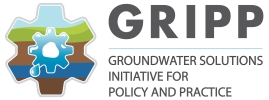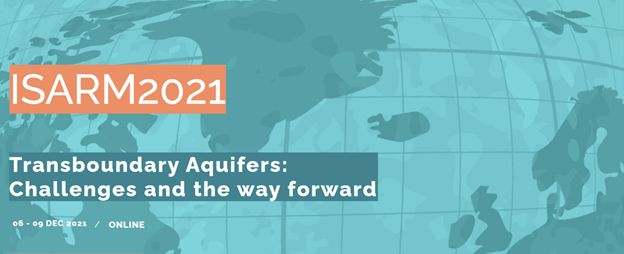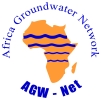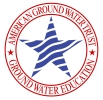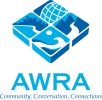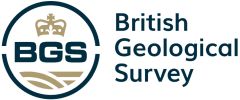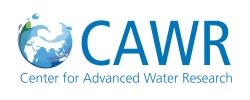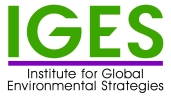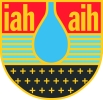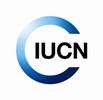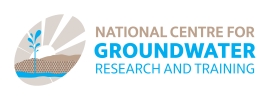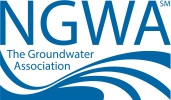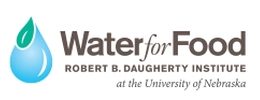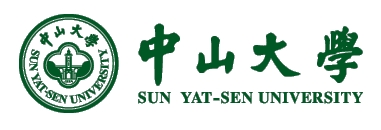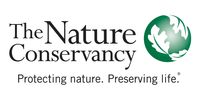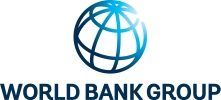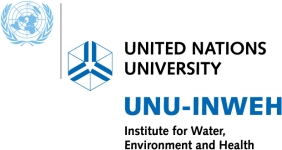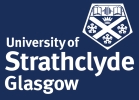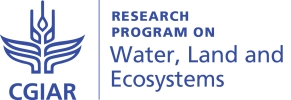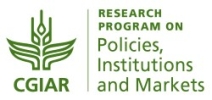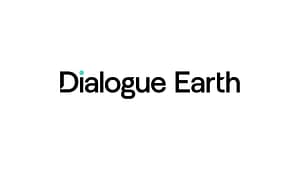The worldwide International Shared Aquifer Resources Management (ISARM) Initiative, led by the United Nations Educational, Scientific and Cultural Organization (UNESCO) and International Association of Hydrogeologists (IAH), is a multi-agency effort aimed at improving the understanding of scientific, socioeconomic, legal, institutional and environmental issues related to the management of transboundary aquifers.
The Second International UNESCO Conference on Transboundary Aquifers, ISARM2021, will be held on December 6–9, 2021. The theme for this online conference, organized by UNESCO’s International Hydrological Programme (UNESCO-IHP), is Transboundary Aquifers: Challenges and the way forward. The conference – organized in partnership with IAH, International Waters Learning Exchange and Resource Network (IW), United Nations Economic Commission for Europe (UNECE), International Groundwater Resources Assessment Centre (IGRAC), Centro Regional para la Gestión de aguas Subterráneas (CeReGAS), International Water Management Institute (IWMI), International Water Resources Association (IWRA), International Association for Water Law (AIDA), and Texas Water Resources Institute (TWRI) – is a milestone in advancing the knowledge on shared groundwater resources.
More than 200 experts from around the world will participate in the conference. The conference provides a unique opportunity to assess the progress made over the past 10 years since the first ISARM Conference in 2010. It contributes to achievement of Goal 6 (clean water and sanitation) and monitoring of Indicator 6.5.2 (transboundary water cooperation) of the United Nations Sustainable Development Goals (SDGs). Several high-level debates will explore how science can influence policy for the sustainable management of transboundary aquifer resources and will look at the evolution of water cooperation.
Groundwater is the most abundant source of freshwater on the planet. This makes groundwater crucial to socio-ecological systems, especially as it is the primary source of drinking water for half of the world’s population. According to the European Union Water Framework Directive, there are 366 transboundary aquifers and 226 transboundary ‘groundwater bodies’ which underlie almost every country of the world.
Transboundary aquifers are not only a source of freshwater for human society, they also represent geographic, economic and geopolitical ‘space’. While nations establish their limits by political boundaries, aquifers are delimited by their hydrogeological dynamics. Understanding and defining the boundaries of these water bodies is complex, due to the intricate physicochemical processes to which they are exposed, and the often-limited information available about their characteristics. Understanding transboundary aquifers is further complicated by the sociopolitical and territorial issues that arise from their existence. There is no doubt that the management of transboundary aquifers is a challenge, particularly when addressing governance issues, which will be further exacerbated by climate change.
Moreover, considering the United Nations 2030 Agenda for Sustainable Development, there is a clear need for institutional strengthening on transboundary aquifer management, while there is limited legal guidance on this subject in relation to the application of existing multilateral environmental, regional and subregional agreements (i.e., Paris Agreement, United Nations Convention on Biological Diversity, Ramsar Convention), as well as transboundary river basin treaties and agreements.
The aim of this conference is to showcase diverse efforts made by UNESCO and various international partners and donor communities to streamline groundwater as an enabler for achieving the water-related SDGs. These organizations include the Global Environment Facility (GEF), World Bank (WB), Food and Agriculture Organization of the United Nations (FAO), Swiss Agency for Development and Cooperation (SDC), Deutsche Gesellschaft für Internationale Zusammenarbeit (GIZ) and many others,
The overall conference program is structured around 5 topics:
Topic 1: Transboundary aquifers’ contribution to the Sustainable Development Goals and regional agendas
Topic 2: Science-policy interface: Focus on the management of transboundary aquifers
Topic 3: Advances in the assessment and mapping of transboundary aquifers and hydrogeological methods
Topic 4: Governance of transboundary aquifers: Strengthening cooperation
Topic 5: Education, capacity development and raising awareness
Welcome to ISARM2021!
View the detailed conference program
Sign up for GRIPP news and updates
Sign up for the Call to Action on Global Groundwater Sustainability






